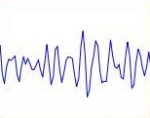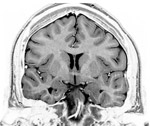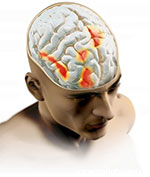Babies born at a very low birth weight are more likely to have memory and attention problems when they become adults than babies born at a low to normal weight, according to a study published in the December 6, 2011, print issue of Neurology, the medical journal of the American Academy of Neurology.








Recent Comments